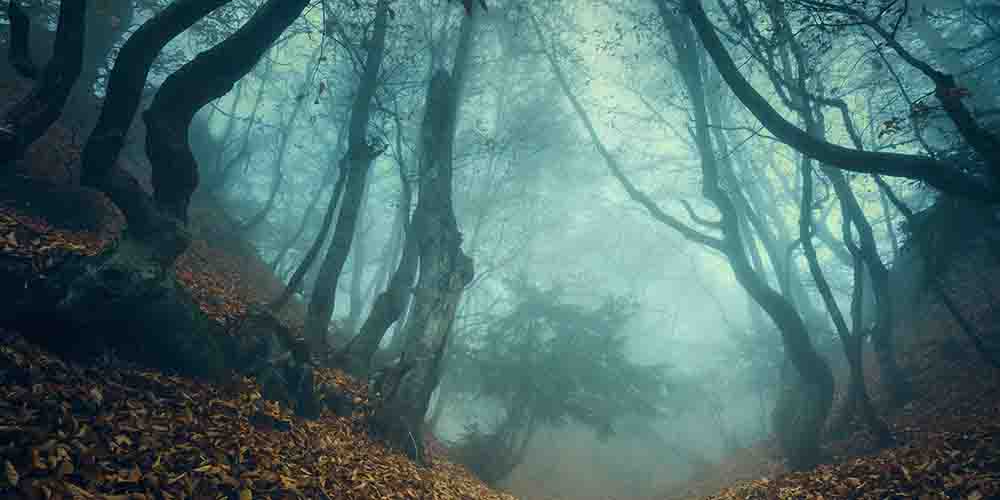Is the Bell Witch real?

Is the famous Bell Witch real? Check out some of the history and lore and decide for yourself if the Bell Witch legend is real or lore.

Is the famous Bell Witch real? Check out some of the history and lore and decide for yourself if the Bell Witch legend is real or lore.